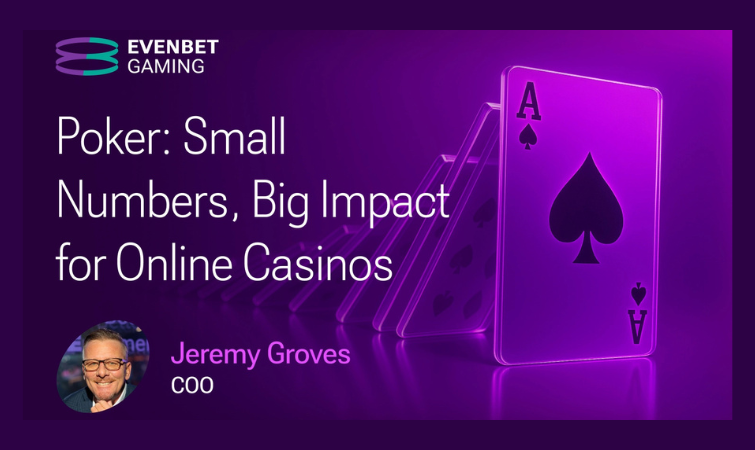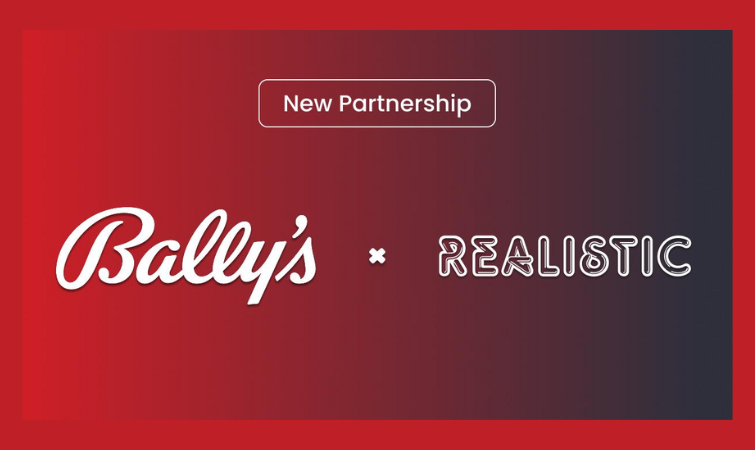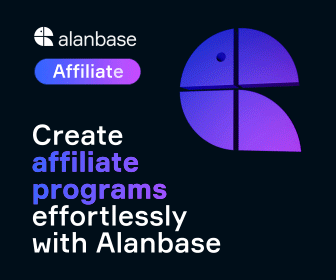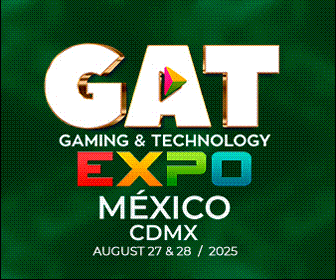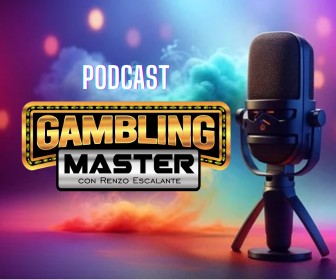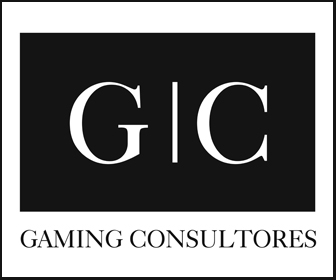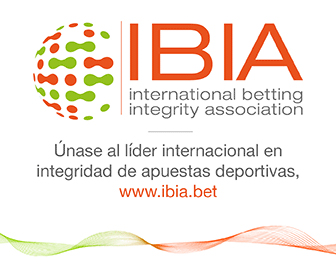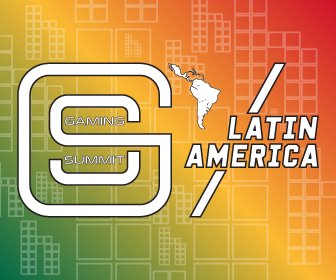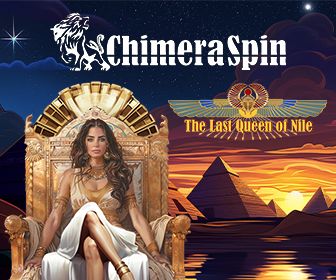This article, developed by EvenBet Gaming, explores the often-overlooked role of online poker in the iGaming ecosystem. At first glance, it might seem surprising that operators continue to invest in poker, given its relatively small direct contribution to industry revenues. In most regulated markets, poker rarely accounts for more than 1–3% of total online gross gaming revenue (GGR). For instance, in New Jersey, poker generated just $2.65 million in May 2025, compared to nearly $247 million from the broader iGaming market.
Yet, evaluating poker solely by its direct revenue would be a mistake. Its true strength lies in its strategic value: attracting players, fostering communities, and serving as a gateway to higher-margin products such as online slots, live casino, and sports betting.
It is no coincidence that industry leaders like Flutter have reported that over 30% of PokerStars users eventually become multi-product customers — a factor that significantly boosts overall profitability.
Direct Revenue Streams from Online Poker
Before examining poker’s broader role, it is worth highlighting its most straightforward revenue sources:
- Rake: A commission taken from each cash game pot, usually capped at a fixed maximum.
- Tournament fees: A service charge added to buy-ins. For example, in a $100 + $10 event, $100 goes to the prize pool while $10 is guaranteed income for the operator.
- Premium access: Some platforms charge for VIP tables, exclusive tournaments, or enhanced features.
Although relevant, these channels generate far smaller margins compared to slots or table games. The real value comes from the ecosystem poker creates around itself: acquisition, engagement, and cross-sell.
Poker as an Acquisition Strategy
Poker attracts a very specific type of player: analytical, competitive, and community-oriented. This profile is often harder to reach through traditional casino advertising, which makes acquisition costs lower compared to other verticals.
Scale is also critical. Thanks to shared liquidity agreements such as the Multi-State Internet Gaming Agreement (MSIGA) in the United States, players from Nevada, Delaware, New Jersey, Michigan, West Virginia, and Pennsylvania can now compete in unified networks. The result: larger tournaments, faster game starts, stronger retention — and greater opportunities for monetization beyond the rake.
The Value of Cross-Selling
Leading operators have designed ecosystems that smoothly transition poker players into higher-margin products:
- Unified wallets and loyalty programs: Initiatives such as BetMGM Rewards or Caesars Rewards integrate poker activity with casino and sportsbook benefits.
- In-client integration: PokerStars, for example, allows players to switch from poker to slots with a single click.
- Progressive promotions: Reward systems that convert poker engagement into incentives to explore other products.
- Leaderboards and events: Competitive campaigns that encourage interaction across multiple verticals.
Brand Halo and Marketing Value
Beyond direct revenues, poker generates visibility and prestige. Flagship events such as the WSOP Online or Borgata festivals attract media coverage, create social buzz, and deliver exposure at a fraction of the cost of traditional advertising campaigns.
Online satellites that qualify players for live events amplify this effect. Each ticket often leads to hotel stays, restaurant visits, and additional on-site gaming activity — turning poker into a driver of incremental revenue across the entire property.
Synergy with Land-Based Casinos
In the United States, regulation requires online poker rooms to operate under the license of a land-based casino. This model translates into partnerships and revenue-sharing structures where both parties benefit.
Examples include Resorts Atlantic City’s partnership with PokerStars and Borgata’s collaboration with BetMGM Poker.
The integration of rewards strengthens this loop even further. Participation in WSOP Online, for example, adds credits redeemable across Caesars properties. Similarly, MGM Rewards points earned through online poker can be redeemed for hotel stays, dining, or entertainment.
Satellites also bridge online and live experiences, driving additional revenue and engagement within the broader casino ecosystem.
While poker accounts for only a modest share of online gaming revenues, its strategic importance for operators is undeniable:
- Efficient acquisition: It attracts engaged players at a lower cost.
- Cross-selling potential: It connects poker players to more profitable verticals such as slots, live games, and sports betting.
- Brand value and loyalty: It strengthens reputation and fosters long-term player communities.
- Hybrid impact: It drives revenues across both digital and physical environments.
With the right approach, poker evolves from a niche product into a growth engine that enhances profitability and deepens relationships with players.
For EvenBet Gaming, the message is clear: poker is not just about rake — it is about building a sustainable ecosystem that supports acquisition, retention, and long-term success for operators worldwide.
Source: https://evenbetgaming.com/blog/articles/how-online-casinos-make-money-from-poker-beyond-rake/



